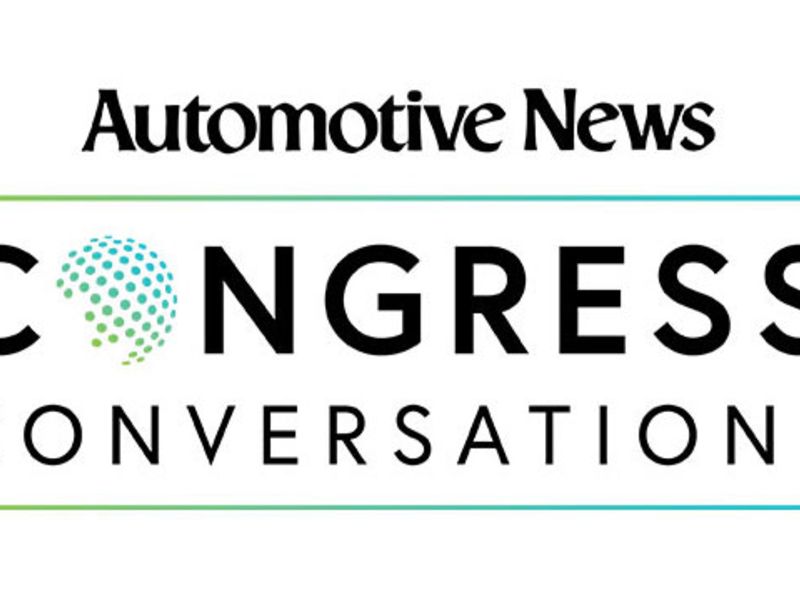
For automotive retail, positive signs of recovery amid the coronavirus pandemic may have come quicker than expected, but uncertainty still abounds in the months ahead. In the meantime, the retail and wholesale channels are likely permanently changed.
That’s the sentiment of leaders in the sector who spoke with Automotive News Publisher Jason Stein for the sixth installment of the weekly “Congress Conversations” video series.
“In the past several weeks, we’ve seen a ramp-up in sales volume,” said Doug Ekizian, managing director at PwC Consumer Finance Group. Whether the pace of the rebound continues over the next several months is a key question, he added. The recovery will differ based on geography and likely will be “much different” from that seen in other economic downturns, Ekizian said.
Cox Automotive CEO Sandy Schwartz said retailers are seeing pent-up demand. Dealers he’s spoken with report their sales are 70 to 80 percent of typical volumes, up from just 20 to 30 percent early in the crisis. Some even anticipate their May results could match year-ago volumes, he said.
But Schwartz, too, wondered whether that rate of recovery can be sustained. For dealers, it largely will depend on having the right inventory at the right price, he said. The crisis’s economic impact on consumers also will play a large role.
“We know people need transportation — they need affordable transportation, but it’s going to really depend on how jobs come back and whether people can afford cars,” Schwartz said. “But the signs are very encouraging, earlier than I thought they would be, so far in terms of the retail landscape.”
As the pandemic and its effects have spread at breakneck pace, dealerships have had to adapt quickly. When the crisis started, about 1,000 Autotrader customers were using what Schwartz described as “true digital tools” that could give shoppers virtual test drives and interior tours, for example. Cox has since outfitted some 10,000 dealerships with such digital tools. “And they’re using them,” Schwartz said.
As more consumers shop digitally, online used-vehicle retailer Carvana was better positioned for the crisis than many traditional dealerships, Carvana CEO Ernie Garcia acknowledged. While Garcia said he does not consider Carvana “lucky,” considering the human toll of the coronavirus, the company is “relatively lucky in the sense that this pandemic is probably shifting people in our direction.”
Carvana has continued to increase vehicle sales significantly, though some of that growth stems from its ongoing expansion to new markets, Garcia said. While optimistic about the recovery, Garcia said concerns remain, such as high unemployment, a finite amount of stimulus money for consumers and the current lack of a permanent solution for the virus.
The digital shift has upended the industry’s wholesale auctions, too. Cox’s Manheim unit switched to digital-only auctions in mid-March. Asked when Manheim would return to running physical auctions, Schwartz said it would not likely be any time soon.
“For at least the rest of this year, I certainly hope we don’t sell any cars through a lane,” he said.
Digital auctions are safer, quicker and “better for everybody,” Schwartz said, though he acknowledged it’s a difficult change for some.
While the panelists agreed that automotive retail has changed and will continue to adapt, they noted those are about the only things assured in the near future.
Said Garcia: “I feel like I’ve never been at a time where I feel less certain about what the next couple months look like.”